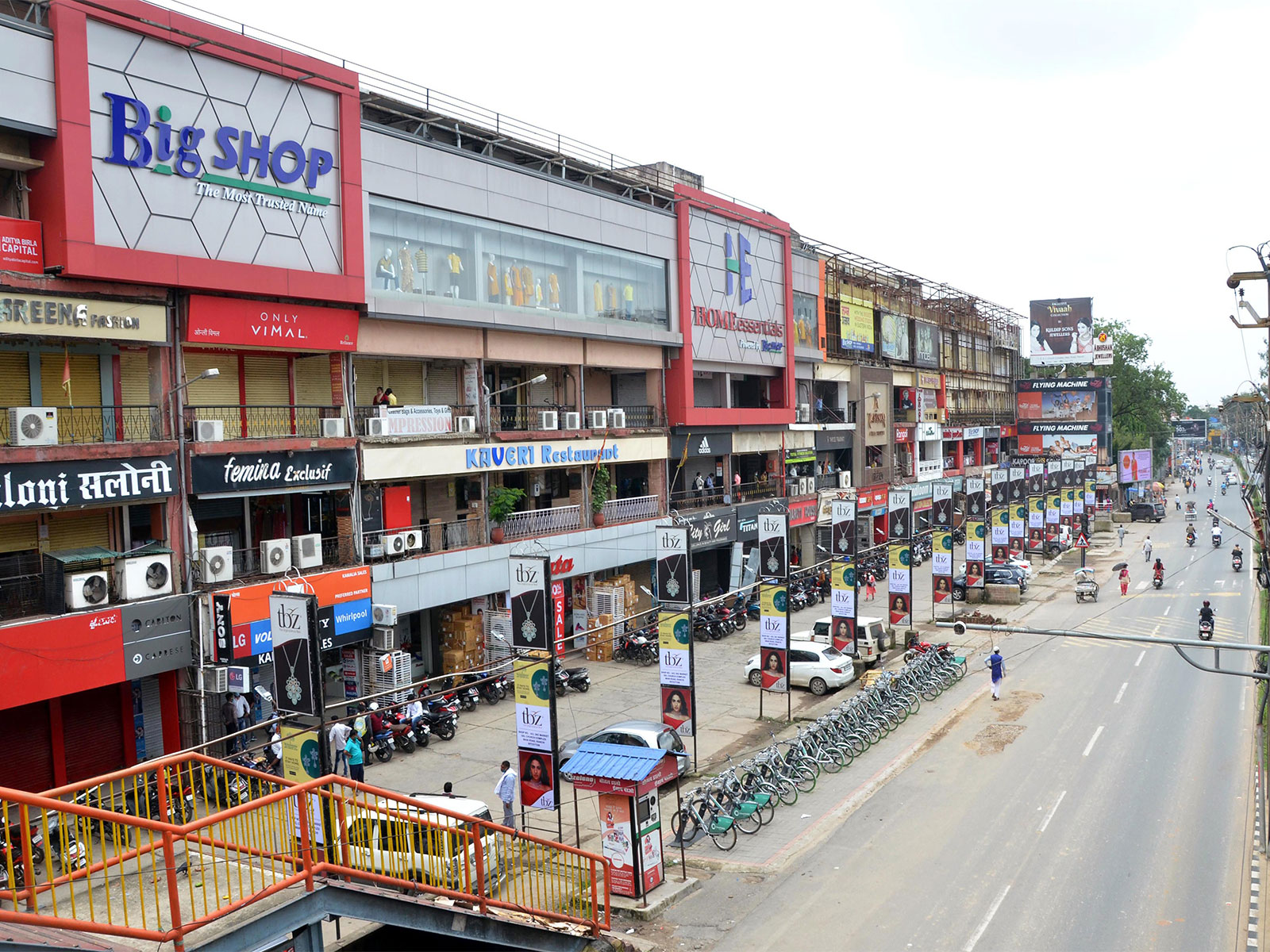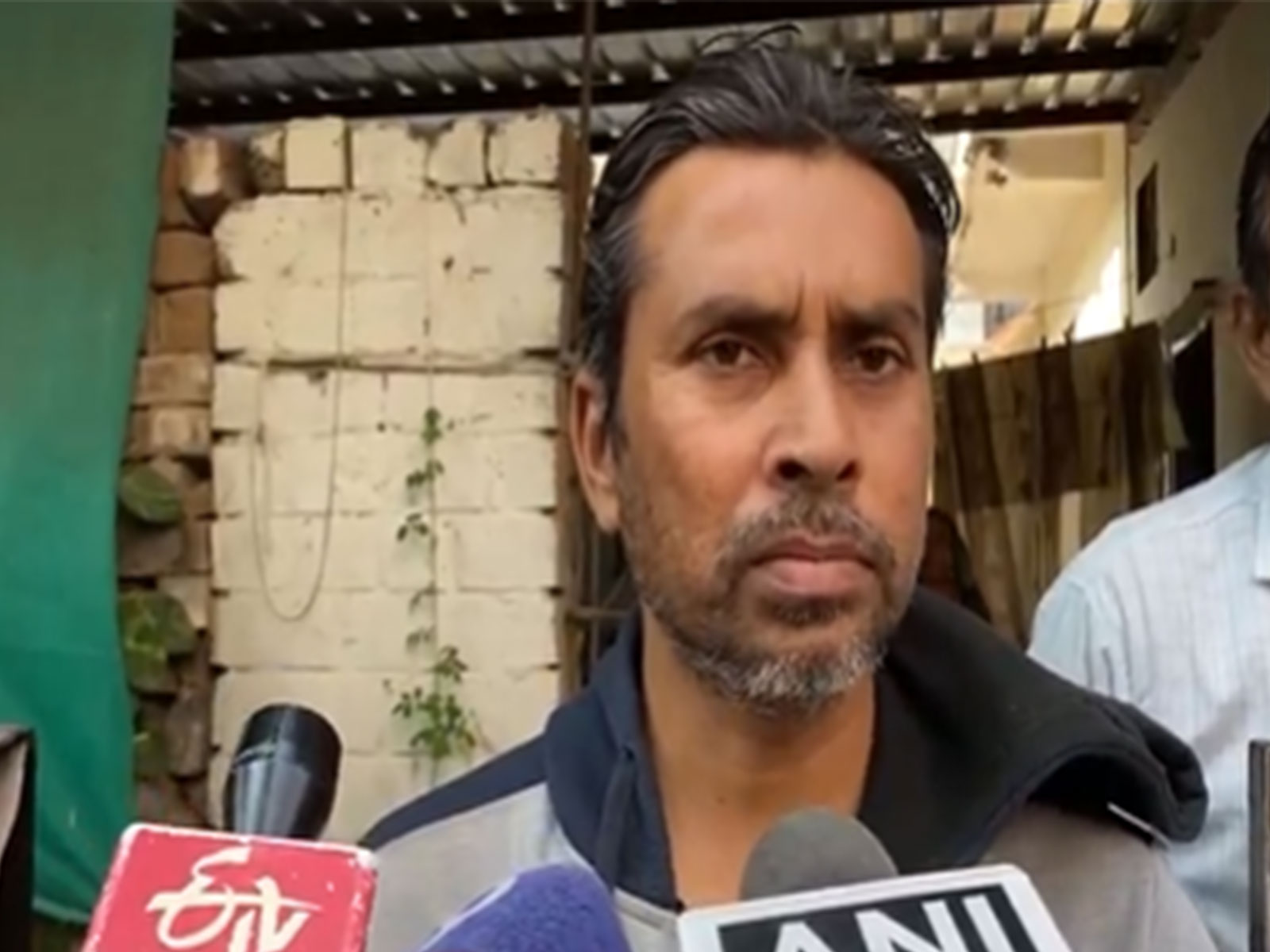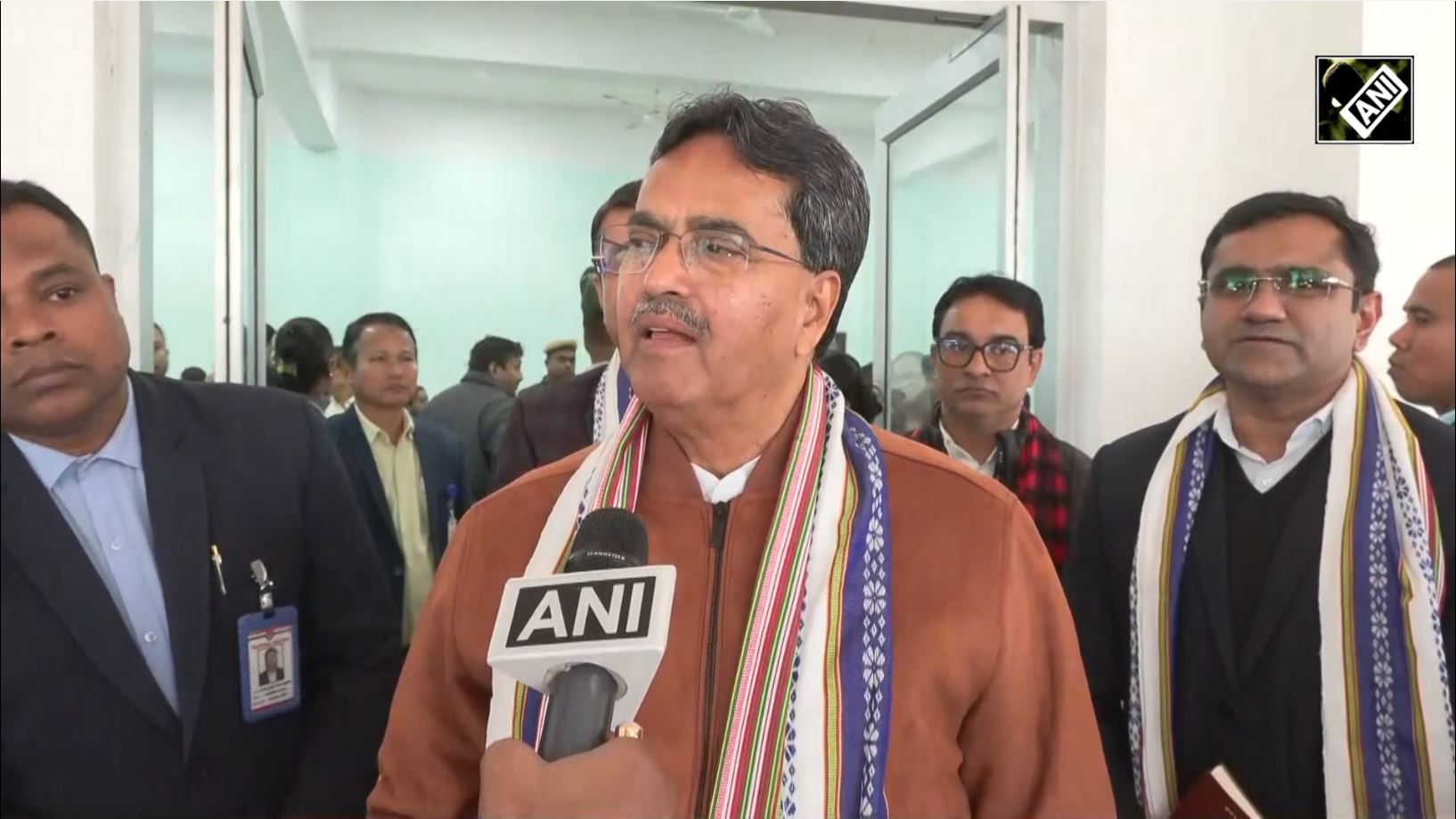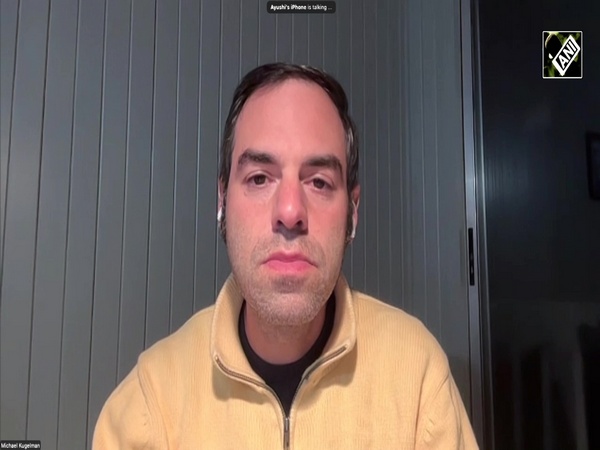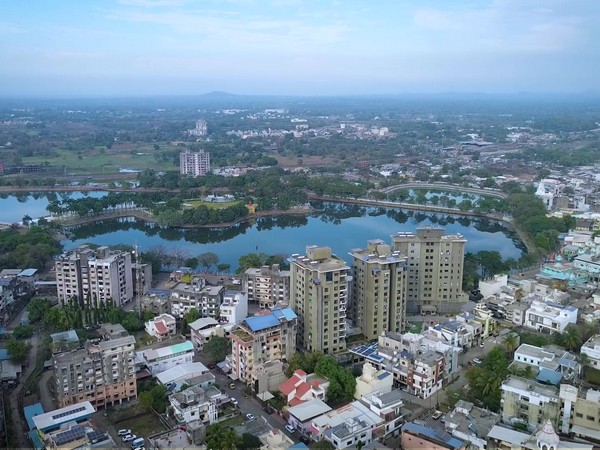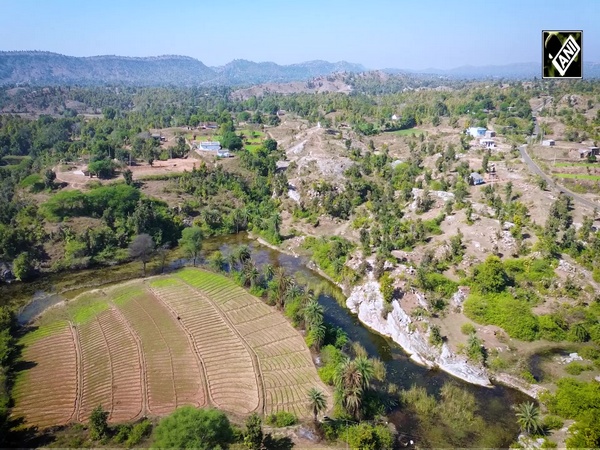Asia Pacific's uneven recovery will widen credit trends: S&P
Mar 31, 2021

Hong Kong, March 31 : Asia Pacific economies and sectors are recovering from Covid-19 at varying rates, leading to widening credit trends in the region, S&P Global Ratings has said.
China and several developed Asia Pacific economies are seeing stronger rebounds than pandemic-addled emerging markets like Indonesia, Malaysia, the Philippines and Thailand.
Sectors like essential retail and telecoms should fully recover in 2021 but others for example airlines will take several more years. These disparities translate into widening ratings trends.
"Credit quality has steadied but meaningful downgrade risk remains," said S&P Global Ratings credit analyst Eunice Tan.
"Our negative rating actions have tapered over the past quarter indicating some stabilisation in credit quality. One-fifth of our ratings have a net negative rating bias. The likelihood of downgrades remains significant," she said.
A key risk is that revenues repair at a sluggish pace for lagging sectors. S&P revised up its Asia Pacific economic growth to an 7.3 per cent this year as it expects US President Biden's 1.9 trillion dollar stimulus will further boost manufacturing and exports.
However, a slower reboot in domestic consumption means a broad-based economic recovery is still some way to go. "Sectors dependent on mobility or discretionary consumption may see delays in revenue growth," said Tan.
"A narrow economic recovery could intensify stress on households and corporates, pushing up credit losses for banks. We expect the region's governments to maintain accommodative monetary policies to facilitate fuller economic repair. However, the capacity for further lowering policy rates is limited."
Slow revenue growth, combined with rising debt, are the main threats to credit quality. The US-China strategic confrontation remains one of the higher risks to credit conditions, as does slow vaccine rollouts or new infection waves, and policy response uncertainty.
Elevated risks include market repricing, climate-change policies and technology change. The latter, a longer-term risk, could hurt financing access as traditional business models face obsolescence.



